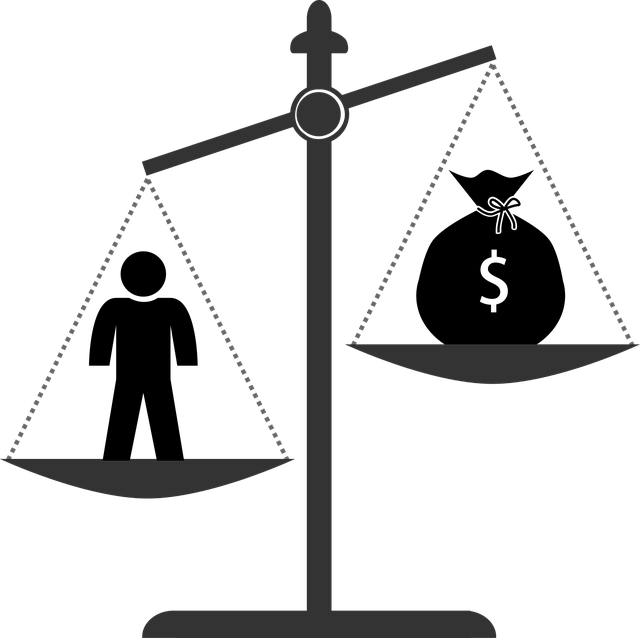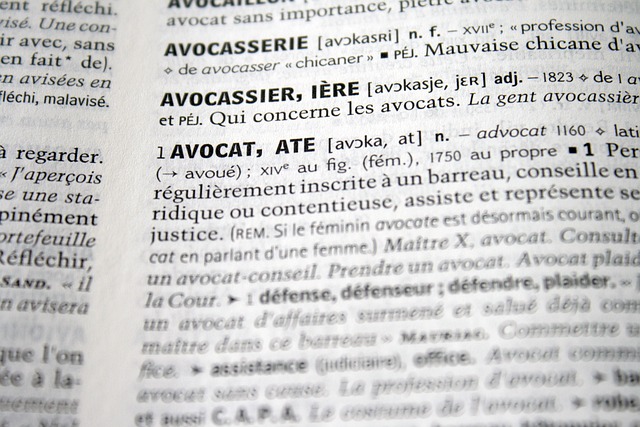Oregon's child welfare laws are designed to protect at-risk youth through foster care, permanency planning, and abuse/neglect prevention. Professional resources for attorneys specializing in this field are essential to navigate these complex regulations. Staying updated on legal developments and utilizing detailed guides ensures effective advocacy while adhering to state standards. These resources play a vital role in representing clients' best interests in dependency, termination, and guardianship cases, keeping practitioners informed about legislative changes that benefit Oregon's children and families.
Oregon child welfare attorneys face complex challenges navigating a dynamic legal landscape. This comprehensive guide offers invaluable professional resources, delving into Oregon’s child welfare laws, regulations, and recent updates, while providing practical insights on case management, advocacy, and evidence presentation.
From local workshops on trauma-informed care to online webinars, attorneys can access diverse training opportunities, ensuring they stay abreast of best practices in this critical field. These resources empower legal professionals to effectively represent clients within Oregon’s child welfare system.
- Oregon Child Welfare Laws and Regulations: A Comprehensive Guide
- – Overview of key legislation and legal framework
- – Recent updates and changes in Oregon's child welfare laws
Oregon Child Welfare Laws and Regulations: A Comprehensive Guide

Oregon’s child welfare laws and regulations are designed to protect and nurture at-risk children while ensuring their well-being. These guidelines encompass a wide range, from foster care placement and permanency planning to abuse and neglect prevention. Professional resources for Oregon child welfare attorneys play a crucial role in navigating this complex landscape.
Accessing comprehensive guides and staying updated on the latest legal developments are essential components of effective advocacy. By utilizing these professional resources, attorneys can ensure they represent clients’ best interests while upholding the state’s stringent standards for child protection.
– Overview of key legislation and legal framework

Oregon’s child welfare system is governed by a robust legal framework that plays a pivotal role in ensuring the safety and well-being of children. At the heart of this system are key legislation and policies designed to protect vulnerable youth and provide appropriate interventions. Attorneys specializing in child welfare, often referred to as family law experts, must be adept at navigating these legal intricacies.
Professional resources for Oregon child welfare attorneys are abundant, offering a wealth of knowledge and guidance. These resources include state-specific legal databases, court rules, and regulations that keep practitioners up-to-date on the latest legislative changes. By leveraging these professional tools, attorneys can deliver effective representation for children and families involved in dependency, termination, and guardianship cases.
– Recent updates and changes in Oregon's child welfare laws

Oregon’s child welfare laws are continually evolving, reflecting the state’s commitment to improving the well-being and protection of its youngest residents. Recent updates have focused on enhancing parental rights, promoting cultural competency within the child welfare system, and ensuring more efficient and effective responses to cases involving vulnerable children. These changes underscore Oregon’s dedication to balancing the need for intervention with respect for family integrity and cultural contexts.
Professional resources for Oregon child welfare attorneys play a vital role in staying abreast of these developments. Accessing up-to-date legal information, case law, and industry insights enables attorneys to provide the best possible representation for their clients. Such resources facilitate informed decision-making, strategic planning, and adherence to the evolving regulatory landscape, ultimately contributing to positive outcomes for Oregon’s children and families.






